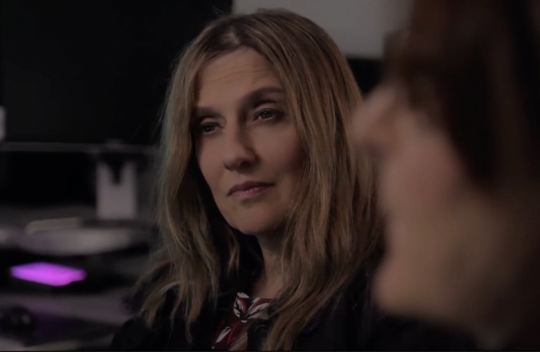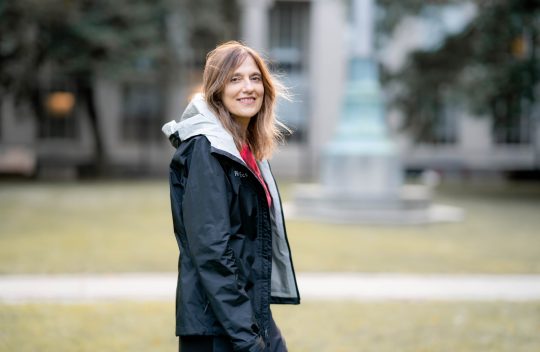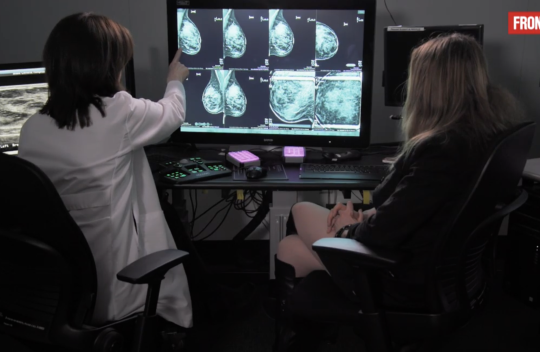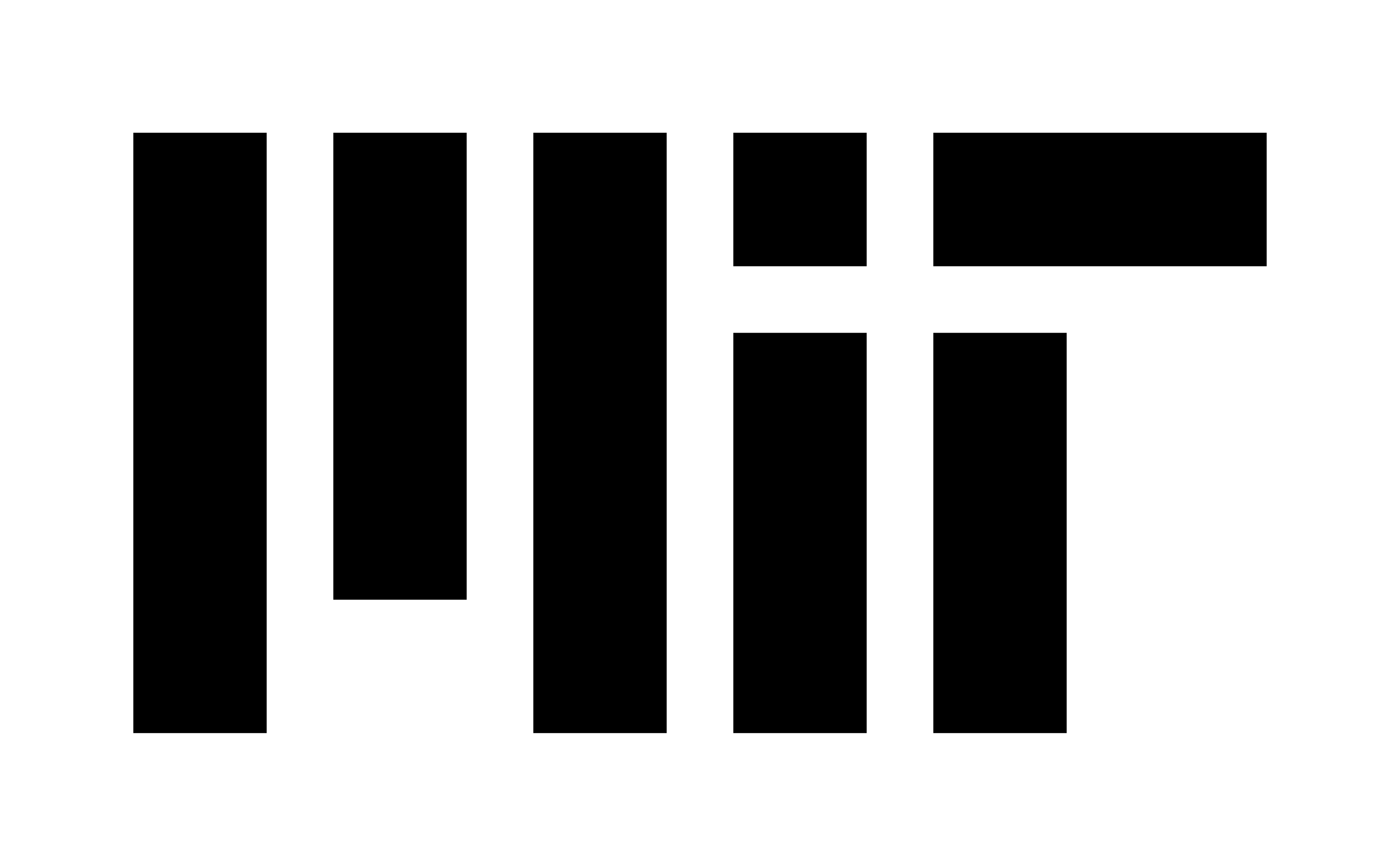Tag: documentary

A.I. Revolution
Can we harness the power of artificial intelligence to solve the world’s most challenging problems without creating an uncontrollable force that ultimately destroys us? ChatGPT and other new A.I. tools can now answer complex questions, write essays, and generate realistic-looking images in a matter of seconds. They can even pass a lawyer’s bar exam. Should we celebrate? Or worry? Or both? Correspondent Miles O’Brien investigates how researchers are trying to transform the world using A.I., hunting for big solutions in fields from medicine to climate change. (Premiering March 27 at 9 pm on PBS) Learn more
NOVA ‘A.I. REVOLUTION’ Dives Into the Past, Present, and Future of One of the Most Consequential Technological Advancements of Our Time
BOSTON, MA; Feb.12, 2024 — The award-winning PBS science series, NOVA, a production of GBH, will premiere the one-hour film “A.I. REVOLUTION” Wednesday, March 27 at 9 p.m. ET/8 p.m. CT on PBS. Can we harness the power of artificial intelligence to solve some of the world’s most challenging problems without creating an uncontrollable force that ultimately destroys us? New A.I. tools like ChatGPT can now answer complex questions, write essays, and generate realistic-looking images in a matter of seconds. In “A.I. REVOLUTION,” which will also be available for streaming at pbs.org/nova, NOVA on YouTube, and the PBS App, correspondent Miles O’Brien meets some of the scientists who are at the forefront of A.I. advancement and explores the promise, perils, and possible future of this unprecedented technology taking the world by storm.Beyond drug discovery and prosthetics, the film explores several other ways that A.I. is transforming science. Computer scientist Regina Barzilay at Massachusetts General Hospital has trained a neural network to detect breast cancer from mammograms years before they are detectable by human eyes with over 85% accuracy. A.I. is also being used to help detect lung cancer. Lives are even being saved from natural disasters, as A.I. is now being deployed in California to detect wildfires early before they rage out of control. Learn more

How an AI Scientist Turned Her Breast Cancer Diagnosis Into a Tool to Save Lives
When artificial intelligence researcher Regina Barzilay was first diagnosed with breast cancer in 2014, she says she was struck by immediate questions: “Am I going to survive? What’s going to happen to my son?” But soon, the Massachusetts Institute of Technology scientist began asking a broader one: Why couldn’t her cancer have been diagnosed earlier? Barzilay’s quest to find an answer would lead to a remarkable result: the development of an AI-based system for early detection of breast cancer, with the ability to predict whether a patient is likely to develop the disease in the next five years. A technology that had not yet penetrated the hospital setting now has the potential to save many thousands of lives each year. Learn more
